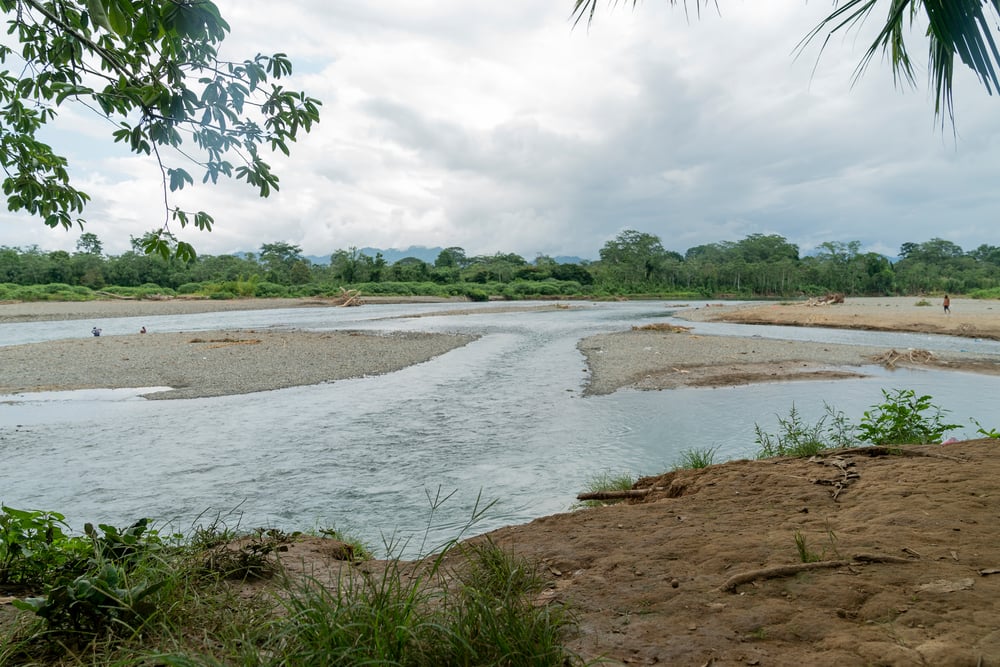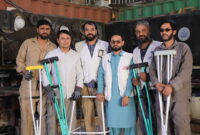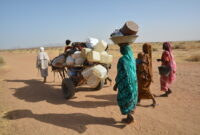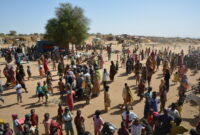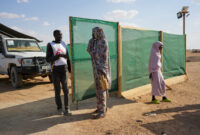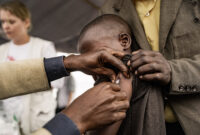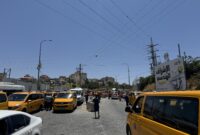One couple’s story, from fleeing violence in DRC to giving birth in the Panamanian rainforest
Mimi and Paty were married in their home region of Maniema, in eastern Democratic Republic of Congo (DRC). Now 42, Paty is an electromechanical engineer and video cameraman, while Mimi, 35, is a professor of Islamic theology who did her studies in Iran. After living through years of ethnic violence in Maniema, they finally made the decision to leave their country, Paty in 2014 and Mimi three years later.
They met up again in Brazil, and lived for a time in Sao Paolo, where they had their first child, now three years old. Their life was comfortable enough to be able to send a bit of money back to their relatives in DRC.
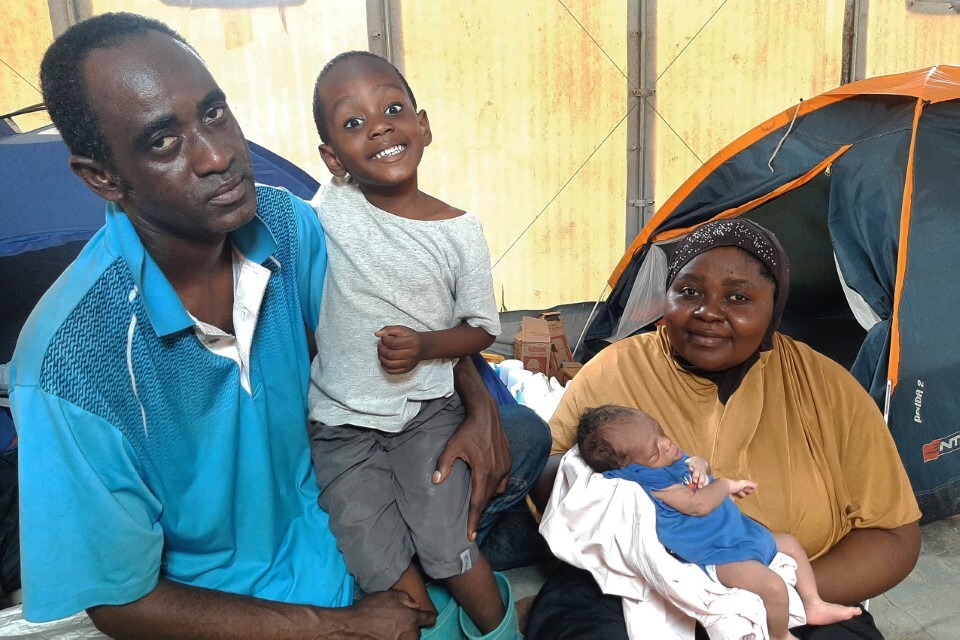
But the COVID-19 pandemic and the subsequent economic crisis brought an end to their stay in Brazil. Like many other migrants living in Latin American countries, they made the decision to head north, towards the US and Canada, in the hope of finding work there.
Dangerous journey
When they left, Mimi was heavily pregnant with their second child. They travelled from Brazil through Peru, Ecuador and Colombia. When they reached Colombia’s Darién rainforest, they managed to employ a guide and negotiated for Mimi to travel part of the way on horseback. But then disaster struck.
“Money, mobiles, documentation, food, bags, they left us with nothing.”
“On the fourth day, between the first and second mountains, after a beach area, we were attacked,” says Mimi. There were five attackers, armed with guns and machetes. “They attacked us on the path and I fell off the horse. I thought the baby had been harmed.” They were robbed at gunpoint and stripped of everything. “Money, mobiles, documentation, food, bags, they left us with nothing,” says Mimi. “We saw that they took some Venezuelan and Haitian girls to rape them. We are not sure, but we believe that they [the attackers] were working with the guides.”
An unexpected moment
Paty takes over the story: “After that, we had to walk for seven days through the forest. We got left behind by the group and went with another couple. We crossed mountains, plains, rivers. A time came when my wife could no longer walk. She had a lot of pain in her belly. We stayed next to the river and night fell. The baby was born there on February 24, 2022. The couple who were with us helped with the delivery. They helped to cut the umbilical cord with a razor blade. I left with our three year-old to look for help wherever I could. We walked for three hours and we were able to alert some SENAFRONT [National Border Service] soldiers. Thanks to them, we were all able to leave the rainforest. My wife and the baby were taken to hospital by helicopter. We are so very grateful for their actions. They treated us very well.”

Mimi and Paty, their three-year-old boy M.A. (born in Brazil) and the newborn baby (born in Panama) have received support from a team from Doctors Without Borders/Médecins Sans Frontières (MSF) at the San Vicente Migrant Reception Centre, near Metetí. On March 11, 2022, they continued on their journey north. When asked where they are headed, Mimi replies: “Wherever we can find work. The US or Canada would be our goal, our ideal, but in reality it is wherever we can find a way to keep going with our lives.”
